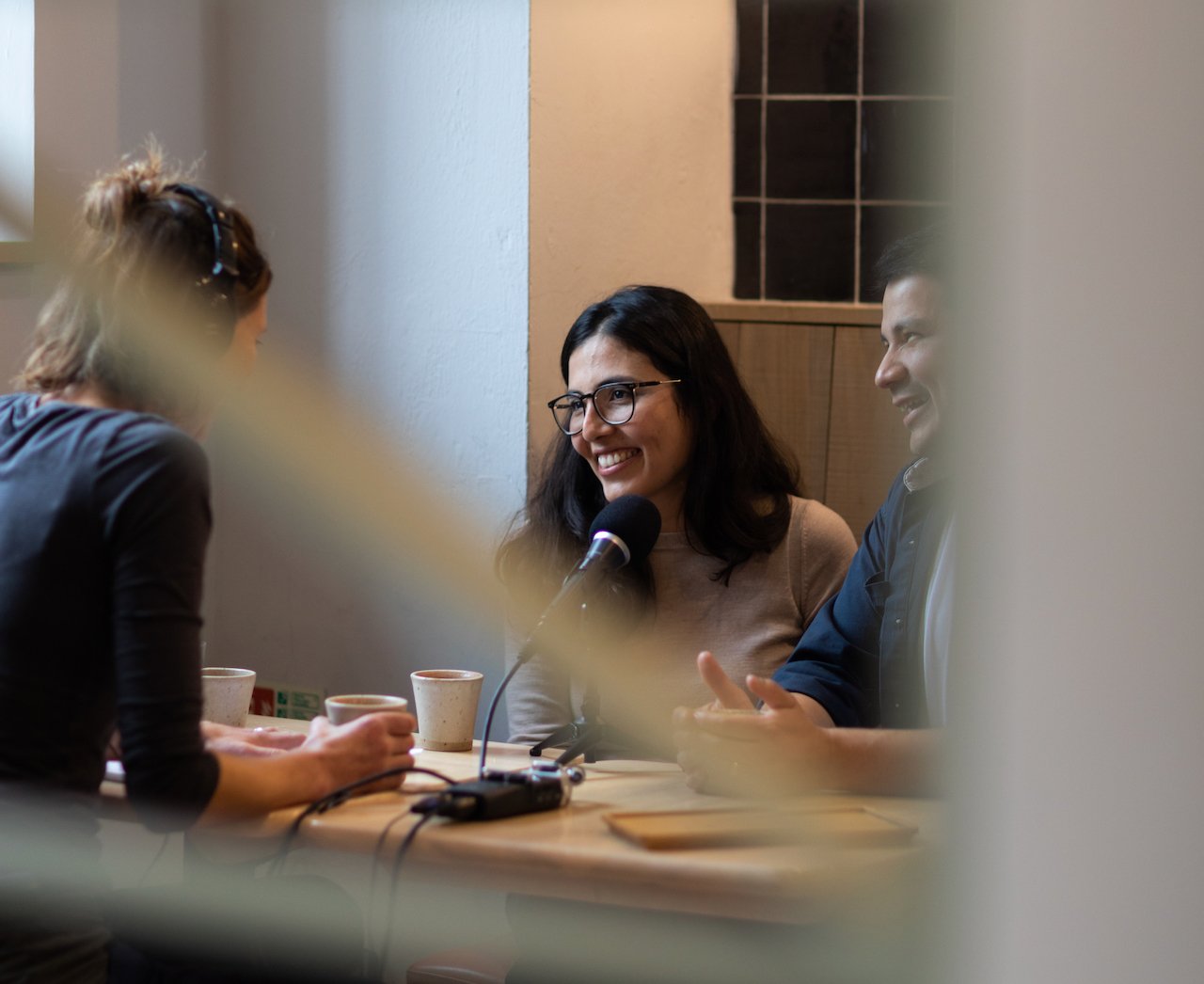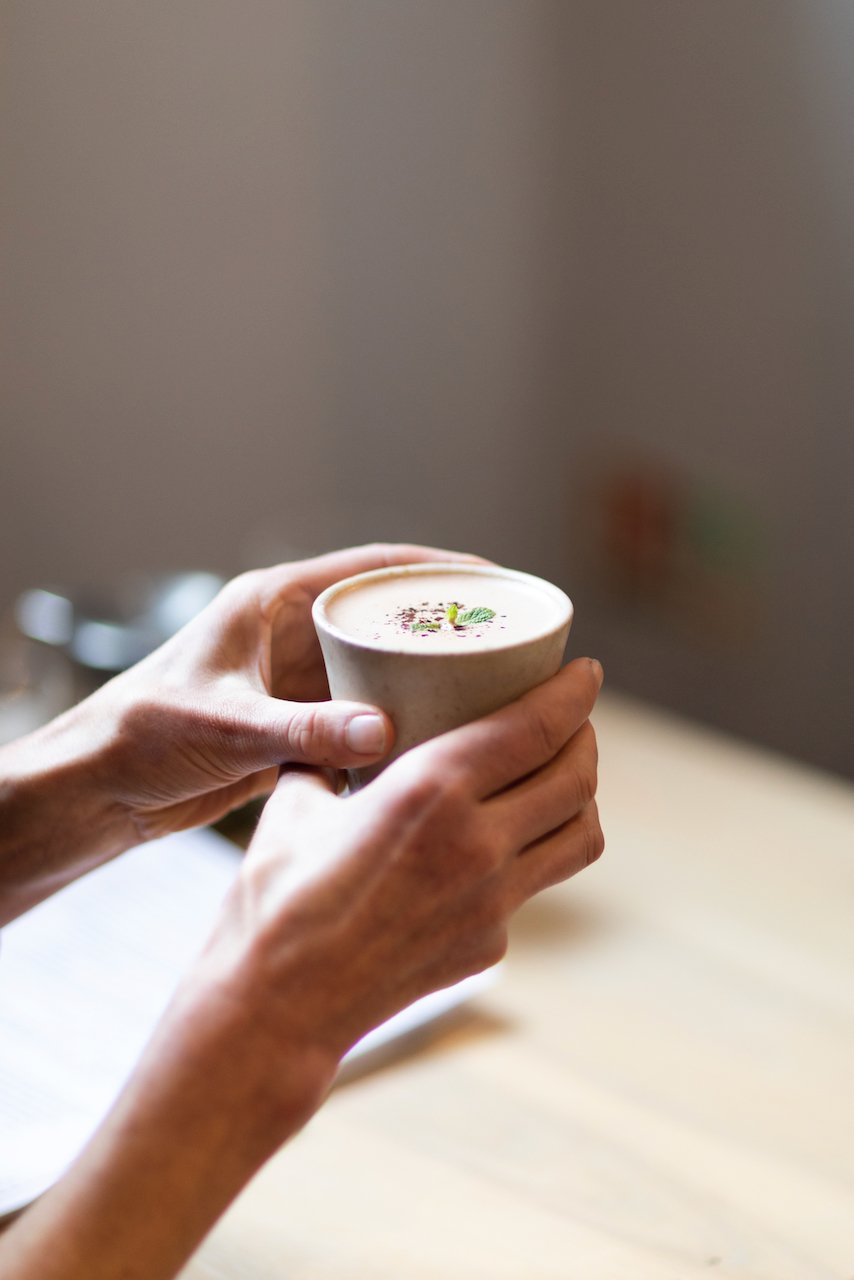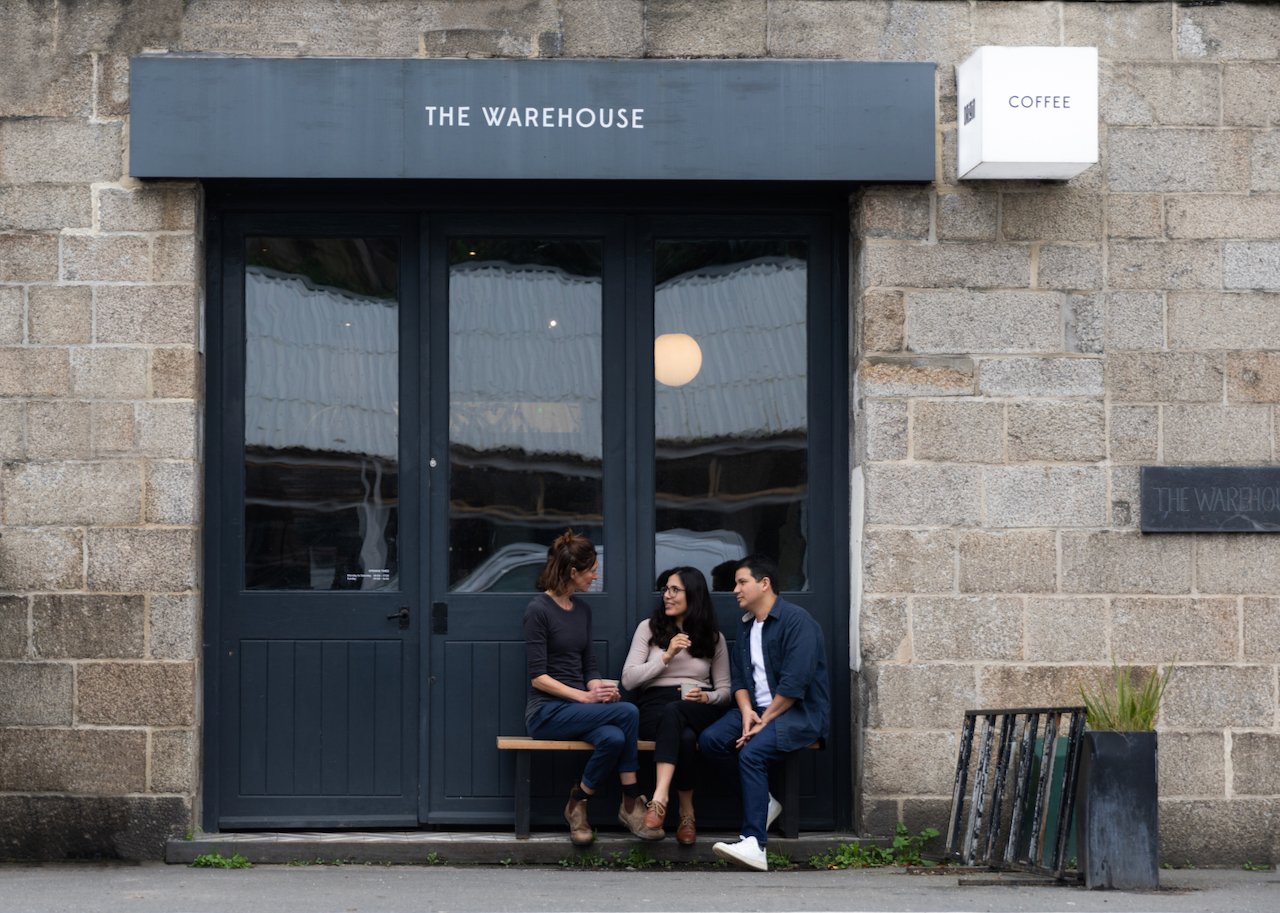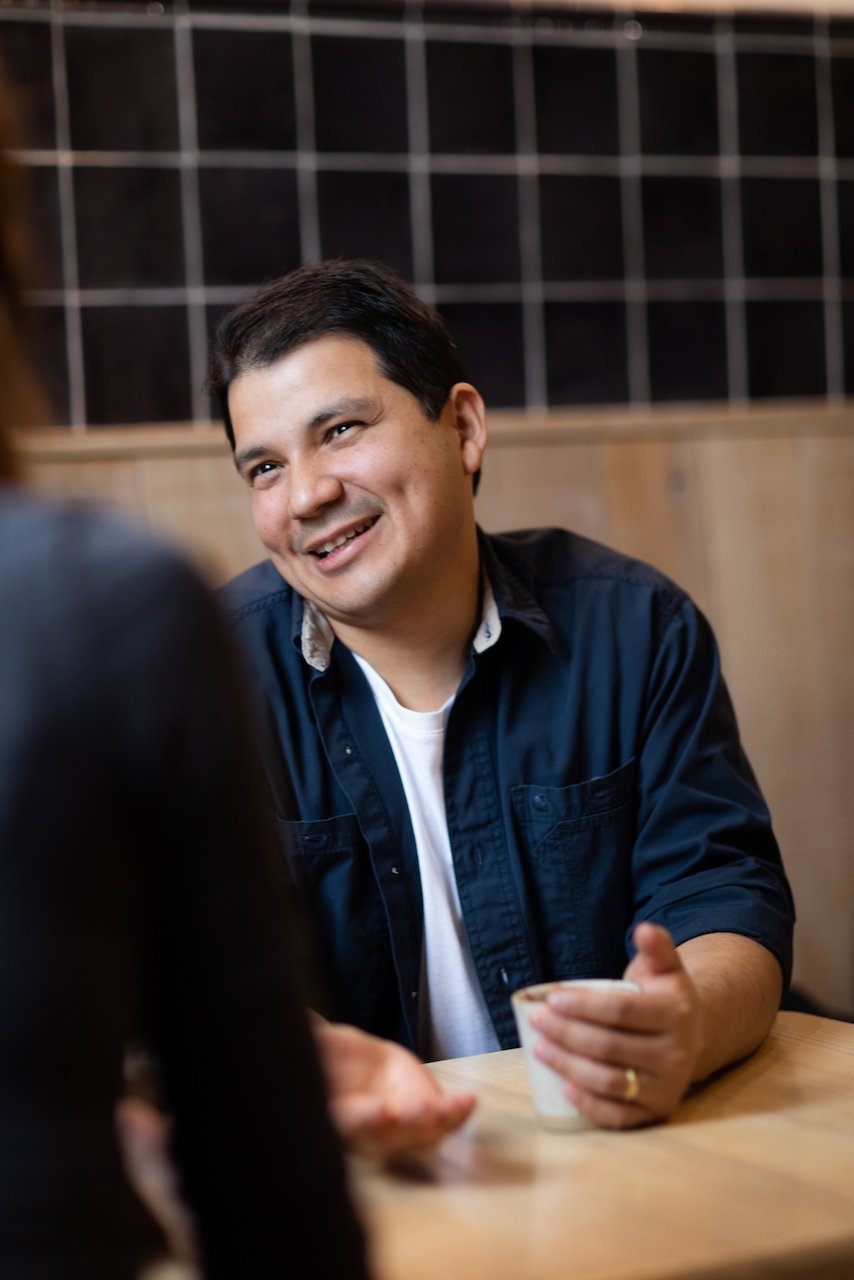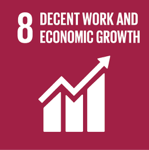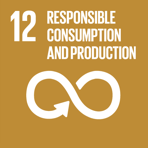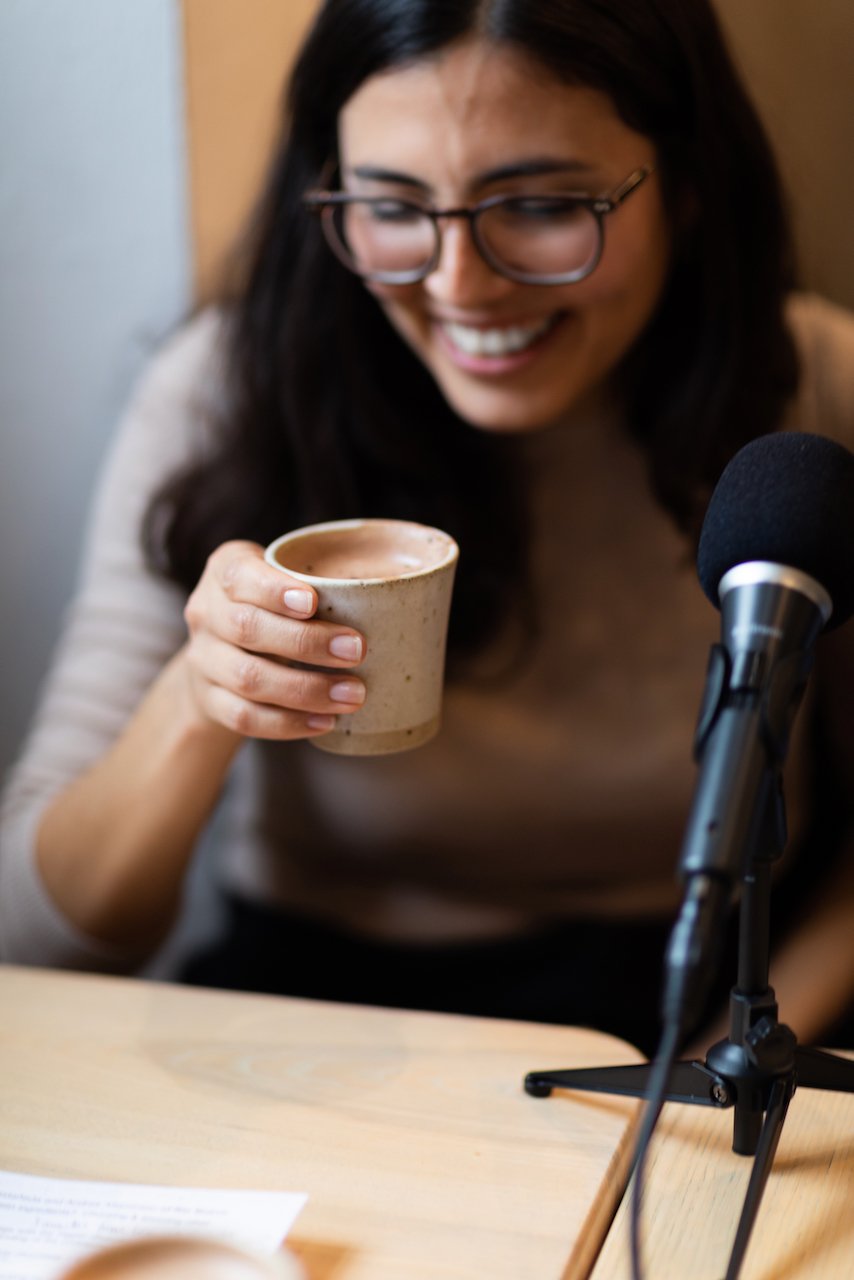Breakfast & Beyond - Episode 18:
Ethical Chocolate with Sara Castañeda & Andres Altamirano of Rio Nuevo
For today’s episode I spent a fantastic morning sharing breakfast with chocolatiers Sara Castañeda and Andres Altamirano of Rio Nuevo, and we recorded this conversation at the fabulous Origin Coffee Warehouse Café in Penryn.
Sara and Andres set up Rio Nuevo after learning the art of chocolate making from local people in the Ecuadorian rainforest back in 2014. During this time, they became aware not only of the very unique and special flavours that derive from the heritage variety of cacao, Arriba Nacional, but also of the devastating impacts that the cacao trade can have on rural communities and environments. Rio Nuevo was established to create a company that supports rural cacao-growing farmers and their communities by trading with them directly, and in so doing, shortening the supply chain, and empowering the people who grow the beans.
Sara and Andres’s story is one of creativity, compassion and hope for a different future – for the chocolate industry and beyond. They are motivated by the goal of having a positive impact for people and planet, and they have worked tirelessly to create a direct trade model for Rio Nuevo that supports the farmers and their families that they work with, as well as taking an holistic view on what creating ethical chocolate means in practice.
“We want to connect the consumer with the producer; the more we disconnect with the person producing [our chocolate] the less sensitive we are to their problems, their struggles. When farmers lose out, our environment loses out because they are not able to protect their habitat, their biodiversity, their wildlife.”
In chatting with Sara and Andres I learnt so much about the process of farming and creating chocolate – from the cacao bean through to the final, wrapped bar – as well as about the background workings chocolate industry in general. When we consider how ubiquitous chocolate is within our Western lives, it feels pretty important to have our eyes wide open to this - and I hope you’ll find this episode as informative and uplifting as I did.
Welcome to Episode 18 of Breakfast & Beyond .. listen via Apple Podcasts, Spotify, Stitcher & Tune-In
Breakfast: at The Origin Coffee Warehouse Café, Penryn
Sara, Andres and I shared a delicious breakfast at Origin’s Coffee’s Warehouse Café – we had porridge topped with apple and plum compote, mushrooms on toast along with teas, artisan coffees, and Rio Nuevo hot chocolate (which is on the menu at Origin Cafés, as well as Origin stocking Rio Nuevo chocolate bars) was the final course of our breakfast. Huge thanks to everyone at Origin’s Warehouse Café for hosting us and for the warm welcome.
Sustainable living issue: chocolate
There is enormous global demand for chocolate, especially in the West, with the global industry being worth $100 billion (Insider) and almost five million metric tonnes of cocoa being produced annually. As tasty as chocolate can be, the human and environmental impacts of producing chocolate can be bittersweet. The figures below shed light on some of the darker elements of the industry, which Sara and Andres aim to address through their ethical chocolate:
Despite a booming chocolate industry, many cacao farmers live in poverty, earning less than $1 a day, meaning chocolate is unaffordable to them (Weforum)
Deforestation and loss of biodiversity are environmental challenges associated with the cacao trade (Earth.org)
Sara and Andres shared that only 5% of the world’s chocolate is produced in the country where cacao beans are grown. Creating chocolate from cacao beans adds significant value and therefore holds economic potential for the country in which chocolate is produced.
The Ecuadorian Amazon has lost over 650,000 hectares of pristine rainforest (Amazon Frontlines); through empowering cacao-growing communities, Rio Nuevo are trying to help the people who live in the Rainforest and Cloud Forests in Ecuador to protect their home and land.
Episode 18 references:
Washu Chocolate - Ecuadorian-based charity that Rio Nuevo work with, protecting endangered species such as primates along with supporting rural communities
Maquita - Ecuadorian chocolate manufacturing partners of Rio Nuevo
Notpla - seaweed packaging company who Rio Nuevo worked with to design their hot chocolate packaging
Andy Hughes - environmental artist and Rio Nuevo collaborator
Chris Hines - Surfers Against Sewage co-founder, environmental campaigner and Rio Nuevo mentor
Bloomtown - palm oil-free skincare company based in Cornwall, run by Rio Nuevo friends Preya and Med
Sustainable Development Goals
The UN’s Sustainable Development Goals (SDGs) are 17 targets representing a universal call to action to end poverty, protect the planet and ensure that all people enjoy peace and prosperity by 2030. ‘Everyone is needed to reach these ambitious targets. The creativity, knowhow, technology and financial resources from all of society is necessary to achieve the SDGs in every context’ (UNDP). Translating these global objectives to tease out their relevance at the individual and small-organisational scale can inspire us to connect with these important global themes and consider what we are doing - and what more we can do - to make a contribution that supports our own work and wellbeing along with benefiting other people and the planet.
In Episode 18 our discussion referenced the following Sustainable Development Goals:
1 - No Poverty - By paying cacao farmers directly and at a price that’s 65% above the income even Fairtrade farmers expect to receive, Rio Nuevo aim to end the cycle of poverty that Ecuadorian farmers often find themselves trapped in.
2 - Zero Hunger - the higher-than-normal rate that Rio Nuevo pay for cacao beans, financed through shorter supply chains, enables Ecuadorian farmers to have more money to pay for essential elements of supporting their families for example buying food.
3 - Good Health & Wellbeing - paying cacao farmers a living wage helps to contribute to the health and wellbeing of themselves, their families and communities.
4 - Quality Education - by paying cacao farmers a decent price for their beans, it opens up access to education for the children of cacao farmers where otherwise the costs of education (such as transport, resources and uniforms) may be too expensive.
8 - Decent Work and Economic Growth - the direct trade model established by Rio Nuevo is founded on the notion of empowering farmers by paying a decent cost for their beans and guaranteeing purchase of a certain amount of beans each year, thereby offering decent work and economic growth opportunities. The decision to move more of the Rio Nuevo chocolate-making process from the UK to Ecuador also contributes to economic growth and adding value to the Rio Nuevo products within Ecuador.
11 - Sustainable cities and communities - by paying a higher price for cacao beans and supporting farmers through guaranteed purchase of their annual harvests, Rio Nuevo are making cacao farming a more viable prospect for rural Ecuadorian communities, encouraging growth and prosperity in those areas and working against the ‘drain’ of human resources from rural to urban areas.
12 - Responsible Consumption & Production - Rio Nuevo have made considered choices about the way in which their chocolate is made in terms of the human and environmental resources, and are also keen to spread the message that when we purchase under-priced chocolate (or lifestyle products in general) someone else - and often the environment as well - pays a price. Sara and Andres see education about responsible consumption and production as a key element of Rio Nuevo.
15 - Life on Land - by paying cacao farmers a fair living wage, it also empowers them to protect the land on which they live and work, helping to address issues such as deforestation and loss of biodiversity.
Many thanks to Rhona McDade of Goodrest Studios for the images from our breakfast recording at Origin, check out behind the scenes photos below …
Thank you for listening!
Thank you for listening to Breakfast & Beyond: Conversations from Cornwall on Sustainable Living. If you enjoyed listening I’d love it if you could subscribe to the podcast, rate it, and share episodes with friends and family who would enjoy them. You can listen and subscribe via Apple Podcasts, Spotify, Tune-In or wherever you find your podcasts.
I’d love to know your thoughts - please join the conversation and get in touch by email tia@botelet.com or instagram. Thank you and I look forward to sharing next month’s episode with you.
